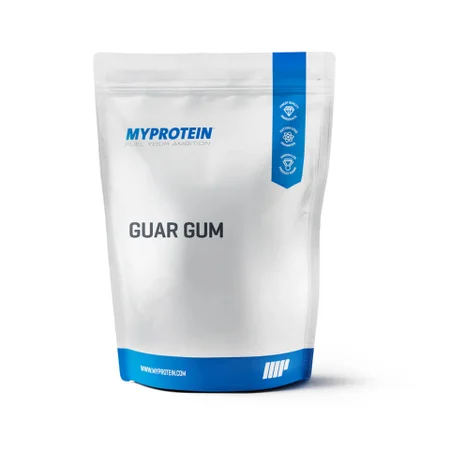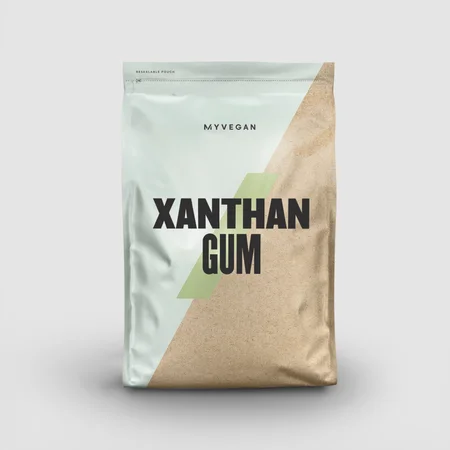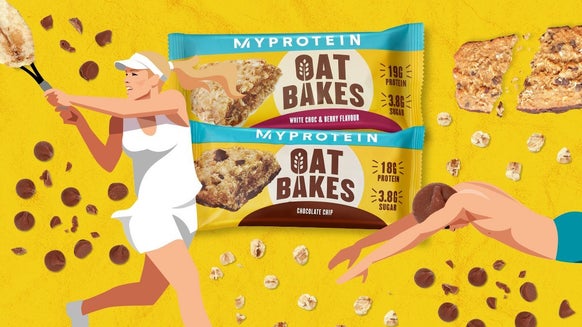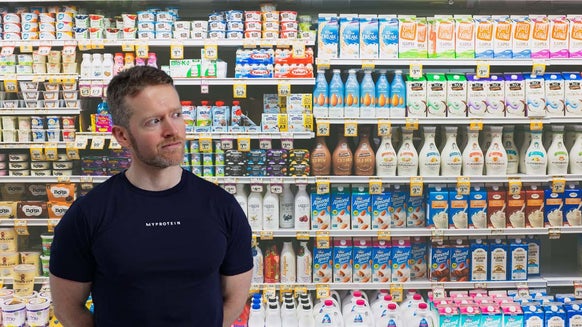
What is Xanthan Gum?
Xanthan gum is commonly known as an an effective thickener and stabilising agent, meaning that you will find it in both industrial products and ones that you eat. This includes everything from lotions, cosmetics and industrial products to supplements, toothpaste, medicine, jams and jellies, ice cream, yoghurts and salad dressings.
It is made from glucose, lactose or sucrose when fermented by a bacteria called Xanthomonas campestris When it is made into a solid by isopropyl alcohol it is then dried out and ground up into powder so that it can be mixed with liquid to form a gum-like substance.
It is considered a non-hazardous additive when added to brine or fracturing fluids because it is an all natural emulsifier, too, so where does all of this fit in with a healthy lifestyle and human consumption, when it is as used as an ingredient in so many non-edible things?
How to Use Xanthan Gum
You can use it for healthy bowel movements when you have the runs. Xanthan gum is a soluble fibre, meaning that your body cannot break it down. Soluble fibres absorb water and form a gel-like substance in your digestive system, which slows down your digestion when you’re having a hard time with food passing through you too quickly. It is also used for the opposite problem. When constipated, xanthan gum can increase the movement of water into your intestines making faeces easier to pass.
You can also utilise xanthan gum for weight loss, which many people have found has effective results due to its ability to shrink your appetite. While that may sound questionable, this is actually due to xanthan gum’s aforementioned effect on your digestive system. By slowing it down, when you have consumed foods containing gum you may feel ‘full’, alleviating the need for further grazing. More good news on the diet front is that xanthan gum’s slow digestion alters the rate at which sugar can enter your bloodstream. This means it has the ability to reduce irritable spikes in your blood sugar levels.
Xanthan gum is also recommended as an effective saliva substitute for anyone struggling to swallow. Proof of this is inconclusive, and for this reason it is advised that children are not fed this product.

Is Xanthan Gum Suitable for Vegans & Vegetarians?
Xanthan gum comes in various forms, depending on how it is created. It is generally considered suitable for both vegans and vegetarians, but then caution is necessary as some processes for manufacturing xanthan are not. As mentioned, it is commonly made by bacterial fermentation. However, in other instances, a chicken lysozyme can be used in the process. Furthermore, in some instances, some forms of xanthan gum are created via fermentation of whey, which you may well know from whey protein shakes, is a by-product of dairy.
If gluten and allergens are a concern, when opting for vegetarian recipes, you may not know that xanthan gum is a common ingredient in gluten-free recipes. As an emulsifier and thickener, as an ingredient in baking it comes in handy for replacing gluten for yeast containing baked goods such as bread.
Also, as a commonly used thickening ingredient, xanthan gum can be produced by fermenting corn sugar with Xanthomonas campestris bacterium. If you have an allergy to corn, be cautious to look for xanthan gum.
Xanthan Gum Alternatives
Reading food labels, especially for gluten free eaters, will likely reveal xanthan gum in the list of ingredients for many ready made meals and baked items. Certainly it has benefits, especially when baking and living without gluten, but what are some of the main alternatives for xanthan gum?
Agar Agar
Agar agar comes from algae or seaweed found in South East Asia. Good news all around as this gelatin is both suitable for vegans, vegetarians and is an ingredient in many gluten free recipes.
Guar Gum
Guar gum is also gluten free with a similar consistency to that of corn starch. It comes from legume plants and possesses a laxative quality.
Chia Seeds
Chia is part of the mint group of plants. These seeds are good for you in many ways, with their omega-3 fatty acids being an excellent source for anyone avoiding fish, and they are a top source of fibre, which is no bad thing for your digestive system.
Egg Whites
Not one for vegans, but otherwise egg whites make for a decent binder and leavening agent, making them useful for baking mixtures as well as an obviously top source of protein.











